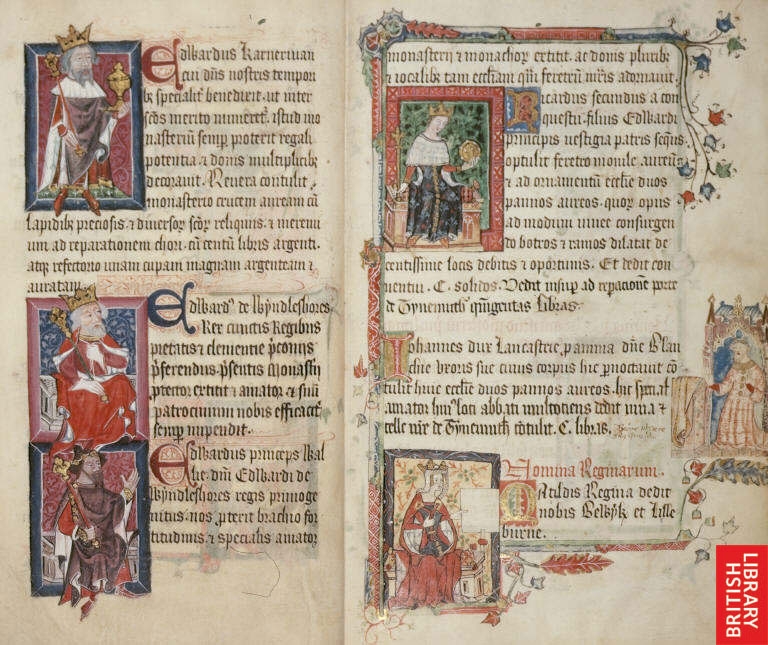Viewing modern society through studying medieval history

A medieval illuminated manuscript currently held in the British Library
On June 25th-28th, University of Saint Andrews hosted a multidisciplinary conference entitled “The Middle Ages in the Modern World”. Thematically, papers and presentations centered on the influence of medieval history on many areas, including the politics and culture of modern and contemporary Europe and the U.S. Patrick Geary, professor of Western medieval history at the Institute for Advanced Study in Princeton, New Jersey and a keynote speaker at the conference spoke with World Academic News on his research and on the place of medieval history in the Western psyche.
“The term ‘medieval’ was invented to imply a period between Antiquity and Modernity (literally a middle age) that was viewed as negative, something that modernity would correct and improve,” Professor Geary explained. At the same time, Geary indicated that ideas about modernity have hardly remained static, instead changing over the course of several centuries. “The Middle Ages was used as a foil to represent the opposite.” However, the concept “medieval” has definitely shaped the meaning of “modern”, Professor Geary added.
Professor Geary’s research mainly focuses on the demographic, political, and cultural changes that took place in Western Europe between the 5th and 9th centuries. He believes that understanding the development of early medieval society is essential for understanding the impact of medieval history on present-day society. In appreciating the incredible difference between the kingdoms which replaced the Roman Empire, and the subsequent rise of modern states in the West, we can truly understand how early medieval polities affected the evolution of current Western society, Geary concluded.
Speaking on the practice of being a historian, Professor Geary said: “History is not simply finding moments in the past or looking for essences. It is the study of change over time. I think that we need to understand the ways that the present emerged from the past. Such studies show us the parameters within which humans have acted, but the past neither determines the present nor provides a blueprint for the future.”
Geary also noted that the concept of the medieval period played an important role for modern societies that could not trace roots back to an ancient society. In the phenomenon of “medievalizing”, these societies located their ethnic, social, and political origins in the medieval period, thereby establishing a sense of legitimacy. Medievalizing can be traced back to the early 19th century, when the medieval period began to be imagined as a period free from the tensions of class conflict, industrialization and loss of religious faith.
The Chinese version appeared in Chinese Social Sciences Today, No. 474, Jul.12, 2013
Edited by Zhang Mengying
Revised by Charles Horne
Chinese link:
http://www.csstoday.net/xueshuzixun/guoneixinwen/82250.html
